War Roundup | National Security Strategy | Headlines | People | Ep 4 - July 26, 2020 [EP4]
Posted on Monday, Jul 27, 2020 | Series: WIR
ANN Groong Week in Review - 07/26/2020
Topics:
- Panel: War roundup / Artsakh
- Conversation: National Security Doctrine
- Panel: National Security Doctrine
Guests
A Conversation with
- Karena Avedissian (special guest)
Episode 4 | Recorded on July 26, 2020
Show Notes
Panel: War roundup / Artsakh
Overview
This week we saw the fighting in the border between Armenia and Azerbaijan simmer down and take a backseat to the political statements flowing in from around the world. In general except for Turkey and a few other countries, we’ve seen balanced statements from major countries and organizations such as the US, the EU, the UN, Russia and the CSTO.
Major journalists such as David Ignatius called on the US and Russia to seize this moment as a rare opportunity to collaborate towards peace in the Caucasus.
Meanwhile, Azerbaijan has called in Israel and Turkey to analyze the failures of its UAV/Drone arsenal, and also to upgrade to a fleet of Turkish drones which were highly effective against the Kurds and Russia in Syria. We’ve also had a full week of Jeyhun Bairamov in his new role as Azerbaijan’s foreign minister, following Mammadyarov’s humiliating dismissal by Aliyev.
We discuss the state of affairs since the cessation of fighting, and what the replacement of Azerbaijan’s long-time foreign minister portends for the future of negotiations with Armenia. Also, the drone wars and what that means for the future of warfare in the region.
We also spend some time into why, as the border quieted down, clashes have broken out in cities around the world between Armenian diaspora communities protesting against Azeri aggression against Armenia, and Azeri or Azerbaijan-supported protesters. In cities like Los Angeles, Chicago, Boston, Moscow, Kiev, London, violence broke out between angry demonstrators. In San Francisco an Armenian school was vandalized with hate graffiti, while in Berlin a car belonging to the Armenian embassy was set on fire.
Sources
- Interview with Seyran Ohanyan - Yerkir Media
- Turkey Now Has Swarming Suicide Drones It Could Export - TheDrive.com
- Armenian, Russian servicemen to develop new ways on fighting against UAVs - Armenpress
Conversation with Karena Avedissian on Nat’l Security
Overview
Armenia’s Security Council introduced a new National Security Strategy (NS Strategy) on July 10, 2020. The previous strategy document was adopted in 2007, in the final year of second president Robert Kocharian’s final term in office. Last week we had a conversation with Dr. Karena Avedissian on this topic. Her research focuses on social movements, new media/communications, civil society and governance in the former Soviet Union, with an area focus on Russia and the Caucasus. Here is that conversation.
Sources
- Rationalizing the Tonoyan Doctrine: Armenia’s Active Deterrence Strategy - Jamestown.org
- Armenia’s New National Security Strategy: Sharing First Impressions -By Vahram Ter-Matevosyan on EVNreport.com (contains a link to the NSD)
- Armenian-Azerbaijani Border Clashes: The Russian Dimension and Beyond - Jamestown.org
- Հարցազրույց Արմեն Գրիգորյանի հետ - Armenian Public TV
- Թշնամին ներսում չի, թշնամին դրսում է, վե՛րջ տվեք. Արա Հակոբյան - 5 TV
Panel on National Security Doctrine (NSD)
Overview
The publication of the NSD came just before the border flare up and at a time when Armenia has been articulating a more assertive military doctrine known as a deterrence doctrine or in some circles “Tonoyan doctrine”. Azerbaijan may have been surprised at what appears to have been an aggressive counter response by Armenia.
One salient point we’ve noticed is that it seems that Armenia is making a deliberate effort to not use the term “Artsakh Republic” or “Nagorno Karabakh Republic” in the strategic document, which is a marked difference from the 2007 version. In explaining this change, Armen Grigoryan simply pointed to Pashinyan’s speech in Artsakh on August 5, 2019. That was the speech where Pashinyan said “Artsakh is Armenia, and that’s that”. Meanwhile, critics argue that this move de-emphasizes the right of self-determination, one of the key positions held by the Armenian sides throughout the last 30 years in negotiations.
Headlines in the News
Sunday
- Over the weekend the Russian Defence Ministry carried out a snap check of troops in the southern and western military districts, as well as units of Air and Naval forces per the decision of President Putin. Despite denials, the exercises were clearly a warning to Turkey to stay out of the Caucasus war scene.
- Turkey’s pro-Kurdish party refuses to sign under anti-Armenian bill in the Turkish parliament, stating that it is necessary to give preference to a peacemaking foreign policy instead of an anti-Armenian statement and that bringing Armenia and Azerbaijan to the negotiating table and easing the tension need to be the main principle.
Monday
- Greta Thunberg was awarded the first Gulbenkian Prize for Humanity
- Rep. Frank Pallone Jr.’s Amendment to the National Defense Authorization Act will be included in an en bloc package and passed by Congress. It requires a report from the Secretaries of Defense and State to address allegations that some units of foreign countries that have participated in security cooperation programs under Section 333 of title 10, U.S.C. (Building Partner Capacity Program) may have committed gross violations of internationally-recognized HR before or while receiving U.S. security assistance.
Tuesday
- Three Armenians were elected to Syria’s 250-seat parliament: Dr. Nora Arisian and Jirair Reisian from Aleppo, and Lucy Esgenian from Damascus.
- Ararat Mirzoyan signed the law on the constitutional court, when the 21 mandated days expired after president Armen Sarkisian refused to sign it.
Wednesday
- Washington Post associate editor David Ignatius called on the US and Russia to collaborate on a peace deal between Armenia and Azerbaijan.
- The ECHR demanded Azerbaijan to give information about the location and living conditions of Narek Sardaryan; about his health; and whether a criminal case has been initiated against him. Narek Sardaryan wandered into Nakhichevan and was apprehended there nearly 2 weeks ago.
Thursday
- Paul Stronski, a senior fellow at the Carnegie Endowment for International Peace think tank noted the very late reaction from the US State Department on the Armenia-Azerbaijan conflict, and attributes it to a lack of South Caucasus strategy at the White House.
- An official car of the Armenia Embassy in Berlin is set on fire.
- The US congress adopted the Speier-Cox-Krishnamoorthi Amendment for U.S. demining assistance to Artsakh as part of HR 7608.
- US House Rules Committee ruled Congressional Azerbaijan Caucus amendment as “out of order”.
Friday
- Vandals targeted the Krouzian-Zekarian-Vasbouragan Armenian School in San Francisco with threatening and racist graffiti, in an attack that claimed to support a violent, anti-Armenian movement led by Azerbaijan. The attack, which US House Speaker Nancy Pelosi condemned, is being investigated as a hate crime.
- Ukrainian nationalists are recruiting civilians, as well as experienced former and current soldiers to be sent to Azerbaijan to take part in the military clashes against Armenia, a spokesman of the militia of the unrecognized Luhansk People’s Republic, Yakov Osadchiy, told a press briefing on Friday.
Saturday
- UNESCO expressed its deepest regret for Turkey’s decision to change the status of Hagia Sophia, and has not received any guarantees of preservation of the world cultural site.
People in the News
Nora Arisian
Dr. Nora Arisian was elected to Syria’s parliament on July 19.
Sources
Jirair Reisian
Mr. Jirair Reisian was elected to Syria’s parliament on July 19.
Sources
- 3 Armenians elected members of Syrian parliament - Armenpress.am
Lucy Esgenian
Lucy Esgenian Esq. was elected to Syria’s parliament on July 19.
Sources
Wrap-up
We hope you found our Week in Review helpful. We invite your feedback and your suggestions, you can find us on most social media and podcast platforms. Thanks to Laura Osborn for the music on our podcasts.
Guests
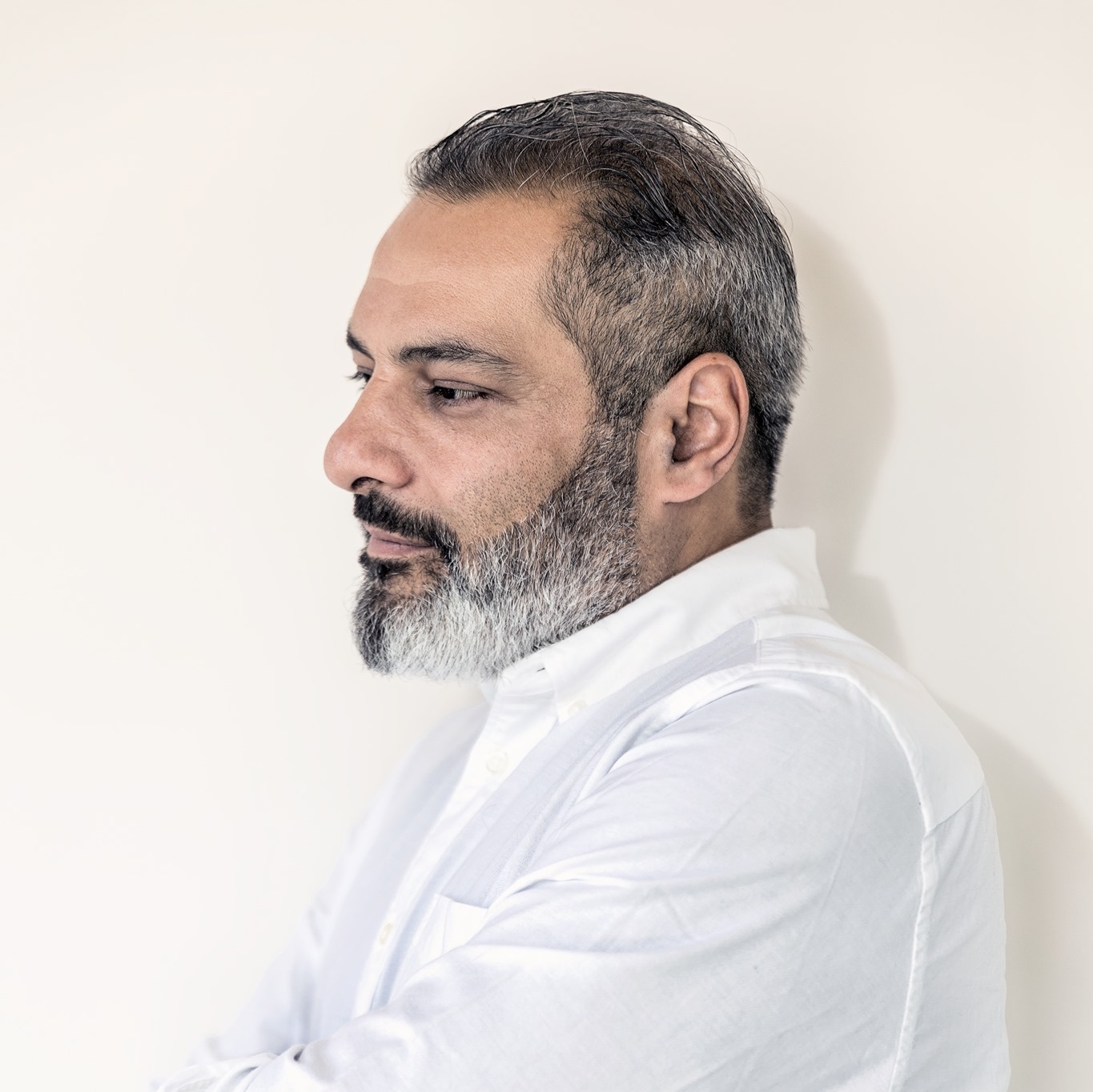
Asbed Kotchikian
Asbed Kotchikian, is an Associate Professor of political science and international relations at the American University of Armenia.
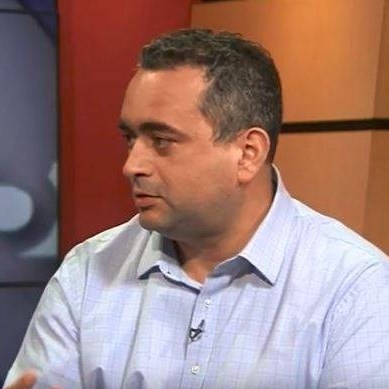
Emil Sanamyan
Emil Sanamyan, a senior research fellow at USC’s Institute of Armenian Studies specializing in politics in the Caucasus.
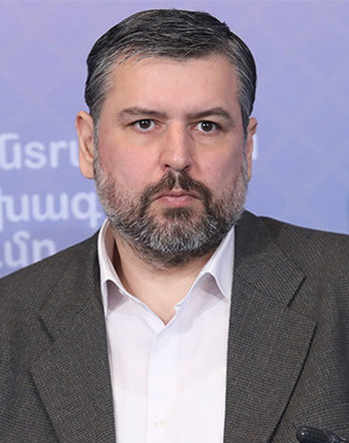
Karen Vrtanesyan
Karen Vrtanesyan is an expert on military and warfare strategies with a focus on Armenia and its neighboring region. He is the former coordinator of the website razm.info.
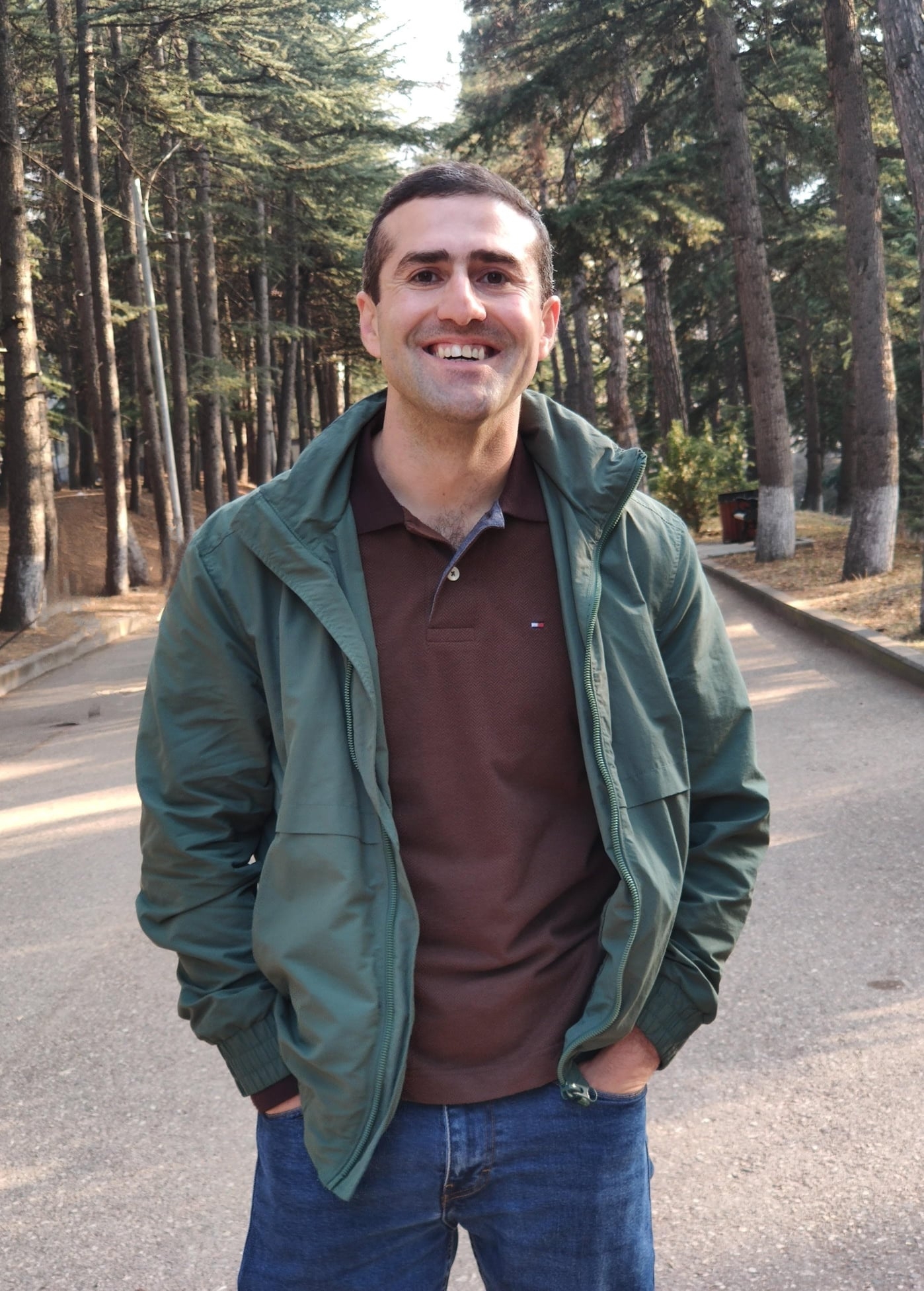
Alen Zamanyan
Alen Zamanyan was a software engineer in Los Angeles. He moved to Yerevan, Armenia, in 2020. He has followed and analyzed Armenian affairs for over a decade.
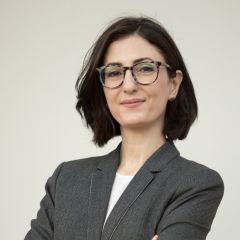
Karena Avedissian
Dr. Karena Avedissian’s research focuses on social movements, new media/communications, civil society and governance in the former Soviet Union, with an area focus on Russia and the Caucasus.
Hosts

Hovik Manucharyan
Hovik Manucharyan is an information security engineer who moved from Seattle to Armenia in 2022. He co-founded the ANN/Groong podcast in 2020 and has been a contributor to Groong News since the late 1990s.
Disclaimer: The views expressed by Hovik Manucharyan on the ANN/Groong podcast are his own and do not necessarily reflect the opinions of his employer or any other organization.

Asbed Bedrossian
Asbed Bedrossian is an IT professional, and for years oversaw the central IT enterprise infrastructure and services at USC. His decades of experience spanned across IT strategy, enterprise architecture, infrastructure, cybersecurity, enterprise applications, data center operations, high performance computing, ITSM, ITPM, and more.
Asbed founded the Armenian News Network Groong circa 1989/1990, and co-founded the ANN/Groong podcast in 2020.